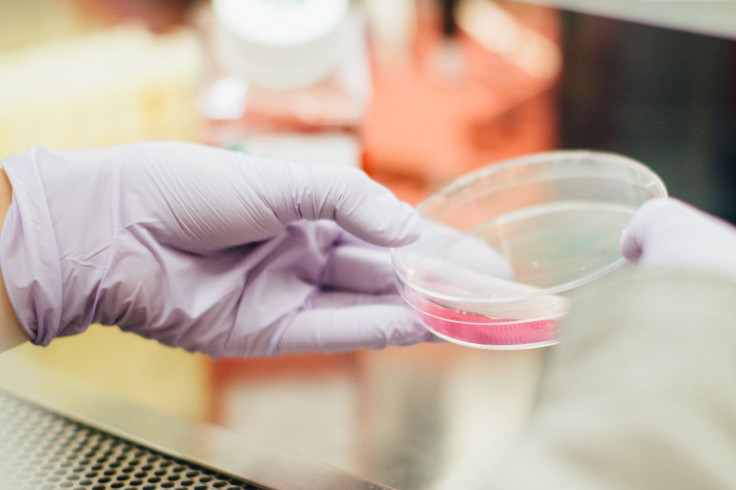Coronavirus Antibody Testing: Portable, Fast and Cheap 'Lab On A Chip' Appears Promising

Coronavirus testing for everyone in need has been one of the biggest challenges of this global pandemic. But thanks to the experts at the University of Michigan-- a quick, portable, accurate yet affordable coronavirus test might soon be available.
The ‘Lab on a chip’
The researchers developed a microfluidic device that is developed by U-M startup Optofluidic Bioassay which shrinks multiple lab functions onto a tiny single chip. Not only will this enable quicker results, but it can also be used with a smaller sample size.
This might be the first microfluidic approach to the gold standard testing protocol called enzyme-linked immunosorbent assay (ELISA). The research team has previously published results that demonstrated that their device can be as effective as the standard ELISA setup which is slower and larger.
After demonstrating that their approach can detect synthetic COVID-19 antibodies, they are working alongside the experts at a hospital in New jersey on experiments with human blood from patients with the infection.
“We are unique because we are a hardware company. Anyone working on COVID-19 antibody tests can use their reagents in our device. Our approach offers the best of both worlds. We can achieve the quickness and simplicity of the rapid diagnostic test with the accuracy of the standard ELISA quantitative measure,” Michigan News quoted Xudong (Sherman) Fan, U-M biomedical engineering professor and co-founder of Optofluidic Bioassay as saying.
“Because our device generates such sensitive and quantitative measurements, we believe its use goes beyond identifying recovered patients. Antibodies begin to show up a few days after infection, so we could use this approach to monitor patients’ immune response to infection, treatment, and vaccination,” Fan added.
Currently, most COVID-19 testing is being performed via the reverse transcriptase-polymerase chain reaction (RT-PCR) tests. Though they are capable of detecting an active coronavirus infection, they have also been known to produce false-negative results. But the antibody testing can identify individuals who have been exposed to the deadly virus and also identify those who have developed temporary immunity towards it.
If this new chip antibody test gets approved and mass-produced, it would make a huge asset to health officials as well as governments.
And this chip is unbelievably reasonable when it comes to its cost- which is just a few dollars per test of a couple of different antibodies.
“This a very viable option for use in hospitals, doctors’ offices, field clinics, and potentially even pharmacies,” the Ladders quoted Xiaotian Tan, a doctoral student in biomedical engineering.
© Copyright IBTimes 2025. All rights reserved.






















